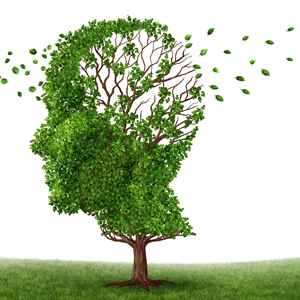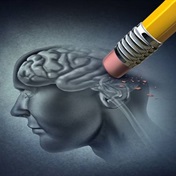
Birth weight and growth during childhood could affect hearing, vision, thinking and memory later in life, a new study suggests.
"Sensory problems and illness such as dementia are an increasing problem, but these findings suggest that issues begin to develop right from early life," said the study's leader, Dr Piers Dawes. He is a lecturer in audiology at the University of Manchester's School of Psychological Sciences in England.
No need for panic
"While interventions in adulthood may only have a small effect, concentrating on making small improvements to birth size and child development could have a much greater impact on numbers of people with hearing, vision and cognitive mental impairment," Dawes said in a university news release.
Read: Healthy eating lowers dementia risk
However, the study findings don't mean that parents of children who don't physically match their average-sized peers at birth or as they're growing throughout childhood should panic. The study was only designed to find an association between these factors; it cannot show a cause-and-effect relationship.
The researchers looked at data from more than 430,000 adults, aged 40 to 69, in the United Kingdom.
After considering other factors, such as health and smoking, the researchers concluded that children who were too small or too large at birth had worse hearing, vision, and thinking and memory skills by the time they reached middle-age.
Read: Cape Town woman develops memory therapy technique for dementia patients
Meanwhile, babies born within the 10th and 90th percentile for weight had better hearing, sight, and mental skills when they were adults, the study reported.
In addition, better childhood growth was associated with better hearing, vision, and thinking and memory skills later in life, according to the study published recently in PLOS One.
The study authors suspect that poor nutrition during childhood may have a negative effect on the brain and the senses. They theorised that early influences on growth hormones and genetic regulation might affect long-term neurosensory development.
Read more:
Depression linked to faster cognitive decline in old age
Exercise gives dementia sufferers a boost
Image: Memory loss from iStock




 Publications
Publications
 Partners
Partners















